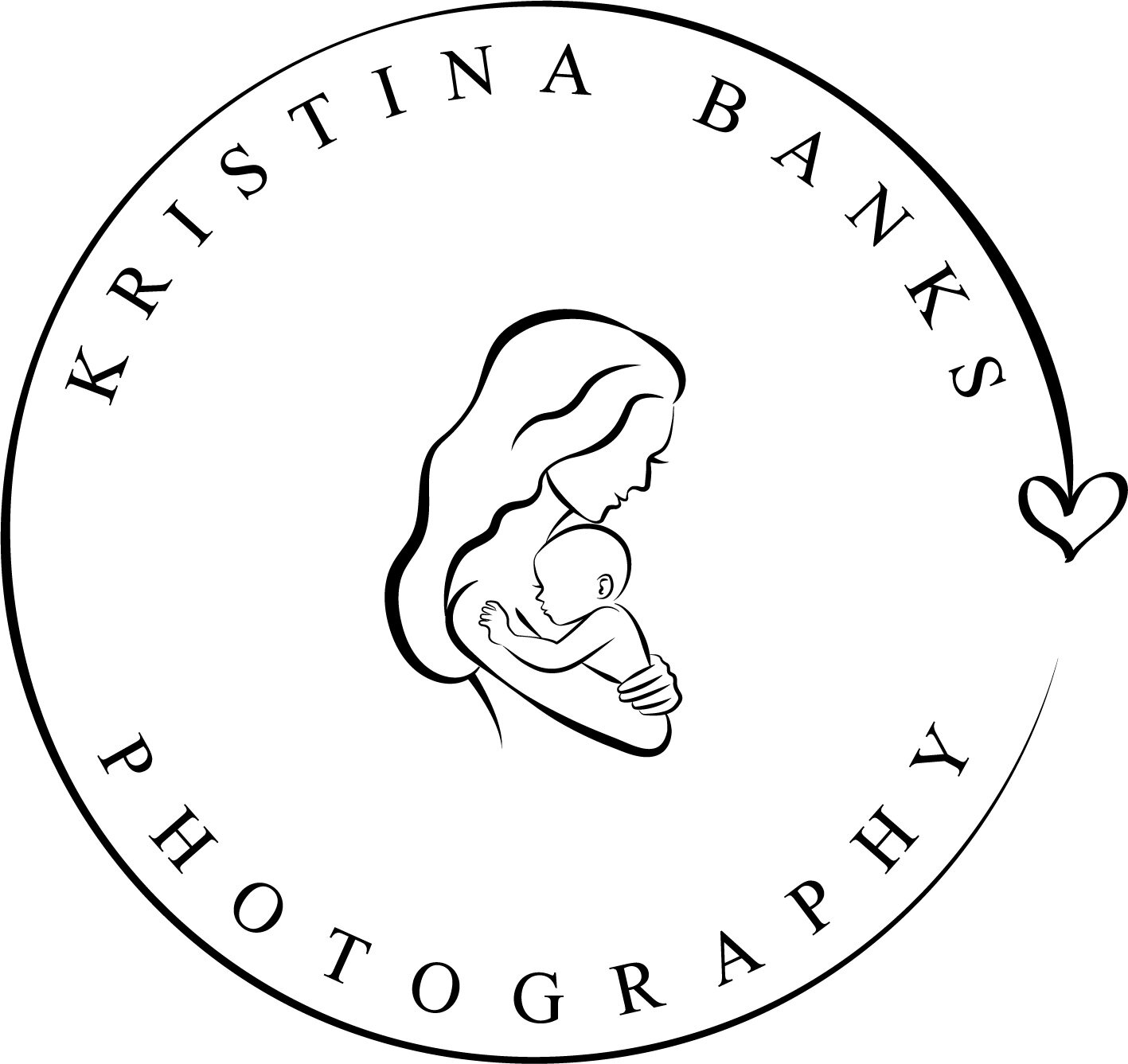Shreveport, Louisiana Newborn Photographer | Post Postpartum Depression
Title: Understanding Postpartum Depression (PPD): You're Not Alone, and You Can Heal
Bringing a new baby into the world is often painted as a time of joy, bonding, and excitement. But for many new mothers, it can also bring something unexpected and deeply challenging: Postpartum Depression (PPD). If you or someone you love is experiencing overwhelming sadness, anxiety, or emotional numbness after giving birth, know this—you’re not alone, and there is help.
What Is Postpartum Depression?
Postpartum Depression is a serious mental health condition that affects women after childbirth. It’s more than just the “baby blues”—a term used for the mood swings, crying spells, and irritability that many new moms feel shortly after delivery. While baby blues typically resolve within a couple of weeks, PPD can last much longer and significantly impact a mother’s ability to care for herself and her baby.
Common Symptoms of PPD:
Persistent sadness, emptiness, or hopelessness
Loss of interest in activities once enjoyed
Difficulty bonding with the baby
Irritability or anger
Anxiety or panic attacks
Fatigue or insomnia
Thoughts of harming yourself or your baby
These symptoms can begin shortly after childbirth or even months later. PPD doesn’t make someone a bad mother. Don’t think you’re failure because you’re having a mental chemical imbalance. It simply means you need support and help during this time. PPD is something you can not control so don’t feel bad for reaching out for help.
What Causes PPD?
There’s no single cause, but several factors can contribute:
Hormonal changes after childbirth
Physical exhaustion from labor and lack of sleep
Emotional stress, especially when feeling isolated or unsupported
History of depression or mental health conditions
Difficulties with breastfeeding, relationship challenges, or financial stress
You’re Not Weak, You’re Human
One of the most damaging myths about PPD is that asking for help means you’re weak. In reality, recognizing you need support is a sign of strength and self-awareness. So many mothers suffer in silence, believing they “should” feel happy and grateful. But emotions don’t always follow expectations. It’s okay to not be okay.
How to Overcome Postpartum Depression
Healing from PPD takes time, compassion, and the right support. Here are some steps that can help:
1. Talk to Someone
The first and most important step is to speak up. Whether it’s your partner, a friend, a family member, or your doctor—let someone know what you’re feeling. Don’t wait for it to “go away on its own.”
2. Seek Professional Help
A healthcare provider can screen you for PPD and guide you toward treatment. This may include:
Therapy, such as cognitive behavioral therapy (CBT)
Support groups with other moms going through similar experiences
Medication, like antidepressants, if recommended and safe (even while breastfeeding)
3. Build a Support Network
Isolation can worsen PPD. Find people who can support you emotionally and practically—whether that’s helping with the baby, listening without judgment, or simply sitting with you.
4. Take Care of Your Body
This might feel impossible some days, but small steps can make a difference:
Try to rest when you can.
Eat nourishing meals (even simple ones).
Get a few minutes of fresh air or gentle movement each day.
5. Be Kind to Yourself
You’re adjusting to a completely new life. Celebrate small victories—getting out of bed, feeding the baby, reaching out for help. You are doing your best, and that’s more than enough.

